Dealing with depression can be a profound challenge, but the companionship of a dog can provide invaluable support. Certain dog breeds, known for their empathetic, gentle, and comforting nature, can be especially beneficial for those battling depression. These breeds offer more than just companionship; they provide unconditional love, reduce stress, and can even help their owners maintain a routine. Here are 12 dog breeds that are particularly suited for providing emotional support to individuals with depression.
1. Labrador Retriever
Labrador Retrievers are one of the most popular breeds for emotional support. Known for their kind and gentle nature, they are intuitive to their owner’s emotions, offering comfort when needed. Their playful demeanor encourages physical activity, which can benefit mental health.
2. Golden Retriever
Golden Retrievers are similar to Labs in their temperament. They are incredibly empathetic and patient, making them great companions during tough times. Their affectionate nature helps reduce feelings of loneliness and isolation, a common struggle in depression.
3. Cavalier King Charles Spaniel
Cavalier King Charles Spaniels are small, affectionate, and gentle. They are excellent lap dogs known for their ability to sense and respond to their owner’s emotional state. Their loving and comforting presence can be particularly soothing during depressive episodes.
4. Poodle
Poodles of all sizes (Standard, Miniature, and Toy) are brilliant and empathetic dogs. They are often used as therapy dogs due to their sensitivity and intuition. Their ability to connect with humans on an emotional level makes them excellent companions for those with depression.
5. Cocker Spaniel
Cocker Spaniels are known for their sweet and gentle disposition, forming solid and emotional bonds with their owners. They provide unwavering support and companionship, making them a comforting presence for individuals dealing with depression.
6. Beagle
Beagles are friendly, curious, and loving dogs. Their cheerful disposition can bring light to the lives of those dealing with depression. They are great at providing comfort and security, which can be invaluable during tough times.
7. Boxer
Boxers are known for their loyalty and affectionate nature. They protect their owners and can sense when something is amiss, offering their support through their presence. Their playful and energetic personality can also provide a much-needed mood boost.
8. Border Collie
Border Collies are not only intelligent but also incredibly empathetic. They have a unique ability to understand human emotions and can provide a comforting and understanding presence. Their energy and enthusiasm can also encourage their owners to engage in physical activities.
9. Irish Wolfhound
Irish Wolfhounds are gentle giants known for their calm and patient demeanor. Their large size and quiet nature make them great companions, offering security and comfort to those battling depression.
10. Vizsla
Vizslas are affectionate and gentle dogs. They form deep bonds with their owners and are known as “velcro dogs” due to their desire to stay close to their human companions. Their loyal and loving nature makes them great emotional support animals.
11. Staffordshire Bull Terrier
Staffordshire Bull Terriers, often known as “Staffies,” are affectionate and loyal dogs. They are known for their love of humans and ability to provide comfort and emotional support, making them excellent companions for those suffering from depression.
12. Bichon Frise
Bichon Frises are cheerful, loving, and affectionate. Their playful and joyful demeanor can be a great mood lifter. They are also known for their caring nature, providing constant companionship and emotional support.
Frequently Asked Questions About Choosing the Best Dog Breeds for Depression
-
What are the best dog breeds for someone battling depression?
The best dog breeds for someone dealing with depression are typically those known for their affectionate, loyal, and low-maintenance temperaments. Popular options include Cavalier King Charles Spaniels, Labrador Retrievers, Golden Retrievers, Poodles, and French Bulldogs. These breeds are generally gentle, intuitive, and eager to please, making them excellent emotional support companions. -
How can a dog help with depression?
Dogs can provide emotional stability, reduce feelings of loneliness, and offer a sense of purpose. The daily routines of feeding, walking, and grooming a pet can help establish structure. Additionally, physical touch and companionship with a dog release feel-good hormones like oxytocin and serotonin, which may alleviate depressive symptoms. -
Are small or large dog breeds better for mental health support?
Both small and large breeds can be beneficial, depending on your lifestyle and preferences. Small breeds like Shih Tzus and Pugs are easier to manage in apartments and often enjoy snuggling, while larger breeds like Golden Retrievers and Bernese Mountain Dogs can offer a comforting, calm presence. The key is choosing a breed that matches your energy level and living situation. -
Do I need a certified emotional support dog to feel the benefits?
No, a dog doesn’t need to be officially certified as an emotional support animal (ESA) to provide comfort and emotional benefits. However, certification may be useful for housing accommodations or travel situations where ESA status is recognized. Even non-certified pets can make a profound positive impact on mental well-being. -
Which dog breeds are low-maintenance for someone struggling with daily tasks?
Low-maintenance breeds ideal for individuals with depression include Bulldogs, Basset Hounds, and Chihuahuas. These dogs typically require less exercise, minimal grooming, and are content with shorter playtimes—making them a good fit for those with limited energy or motivation. -
Can adopting a rescue dog help with depression?
Absolutely. Adopting a rescue dog can offer a sense of fulfillment and purpose, which are critical components in overcoming depression. Many rescue dogs are grateful, loyal companions who form strong bonds with their owners. Just be sure to choose a rescue with a temperament suited to emotional support and companionship. -
How do I know if I’m ready to get a dog while dealing with depression?
Ask yourself whether you can meet a dog’s basic needs: food, exercise, medical care, and affection. While dogs provide emotional benefits, they also require consistent care. If you’re unsure, consider fostering a dog first to gauge your readiness without a long-term commitment.
Conclusion
Choosing the right dog breed can make a significant difference in the lives of those battling depression. These breeds, known for their empathetic and comforting nature, can provide the support, companionship, and unconditional love that can be so crucial during difficult times. It’s important to remember that every dog is an individual, and their ability to help with depression also depends on their unique personality and the bond they share with their owner.

 1 month ago
20
1 month ago
20
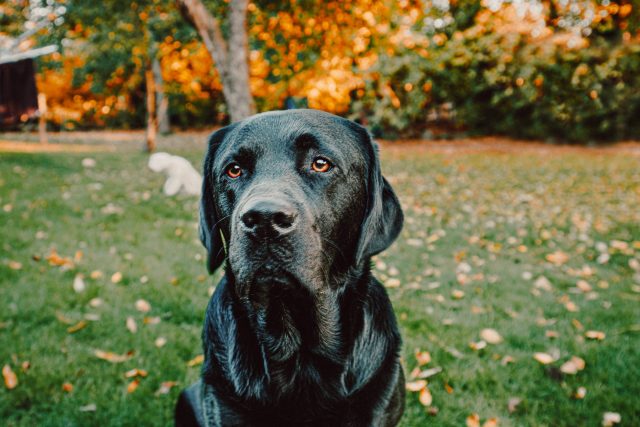


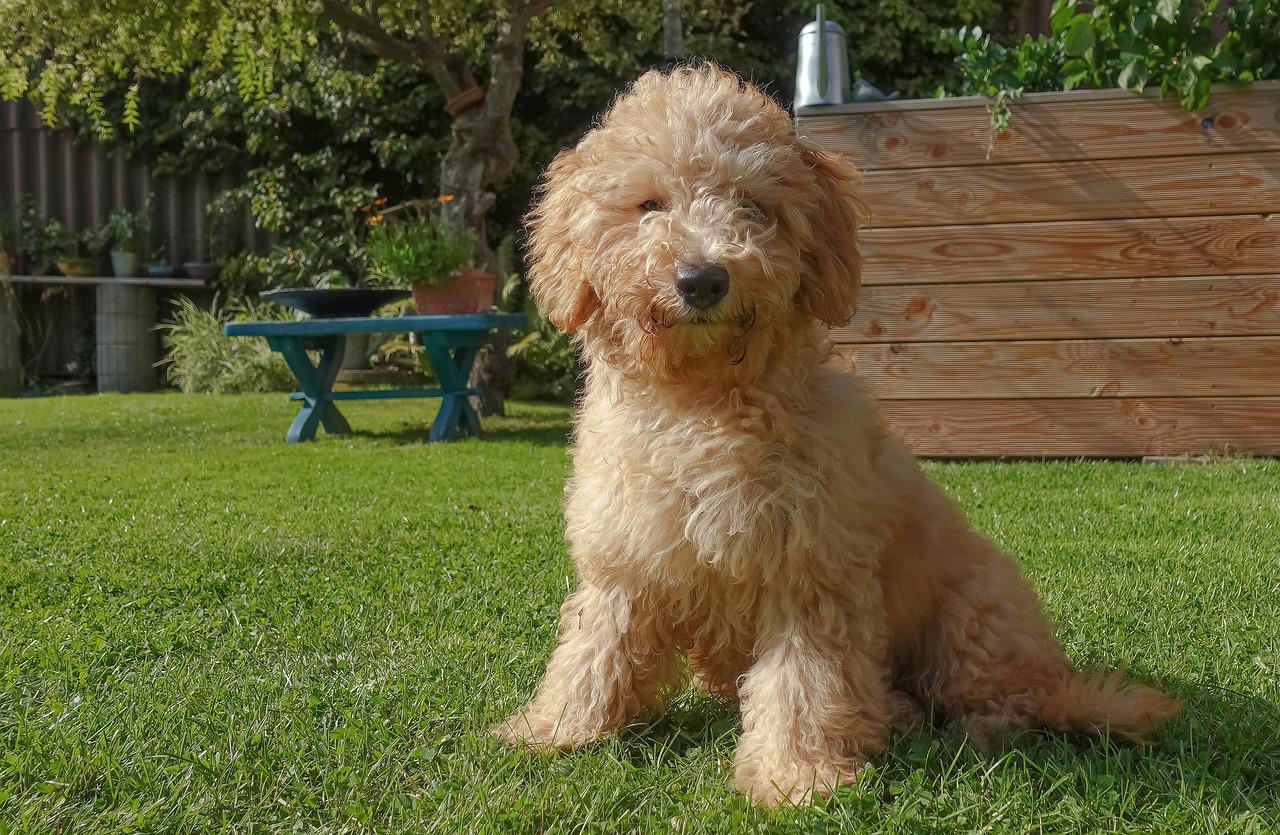

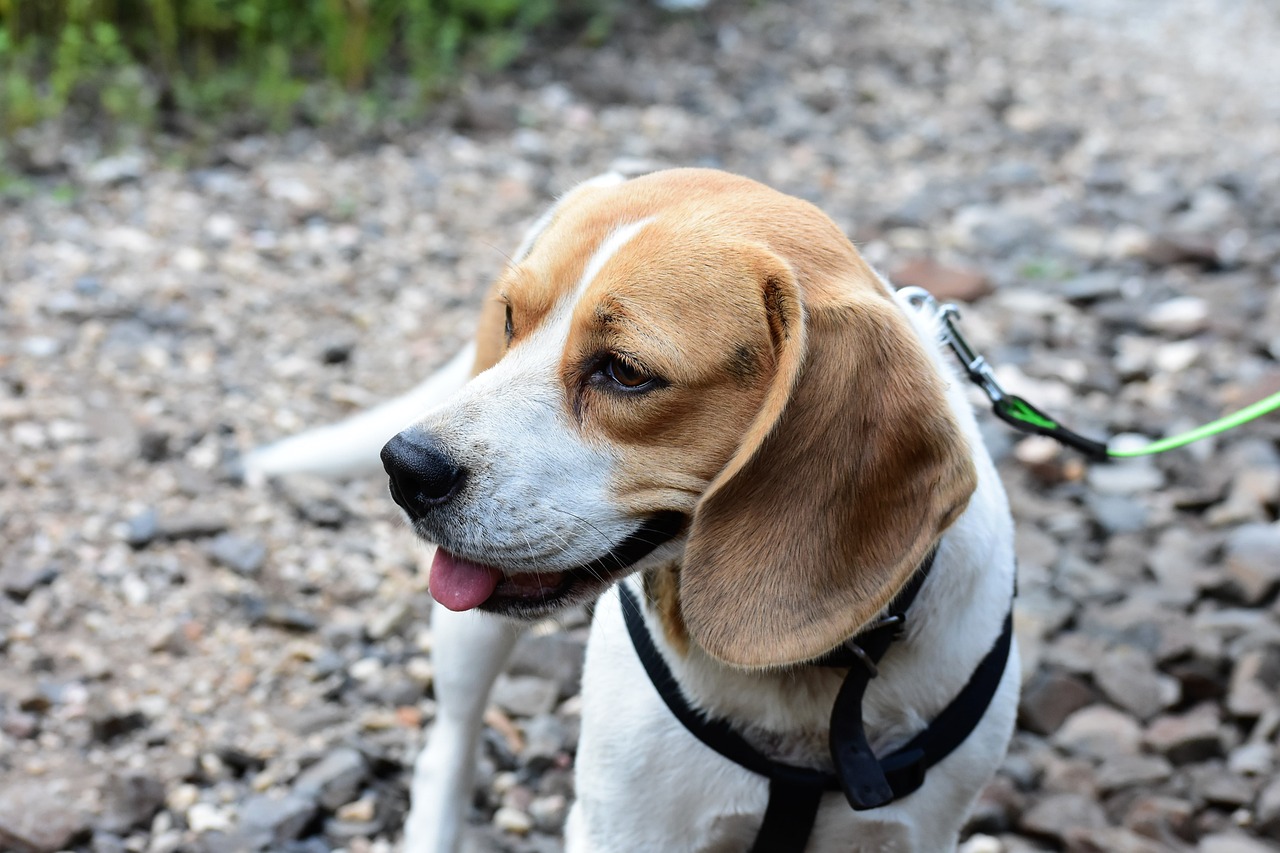
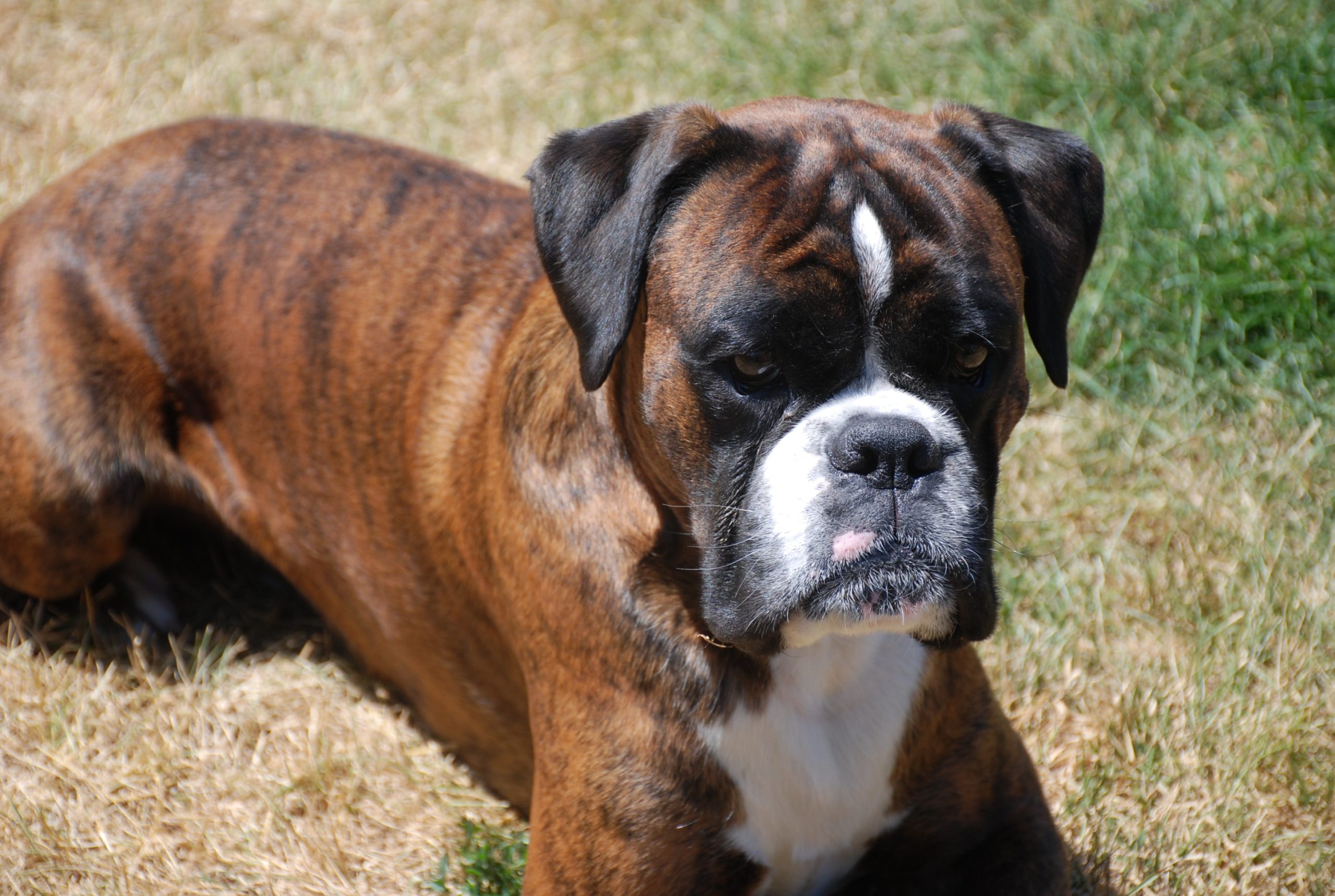

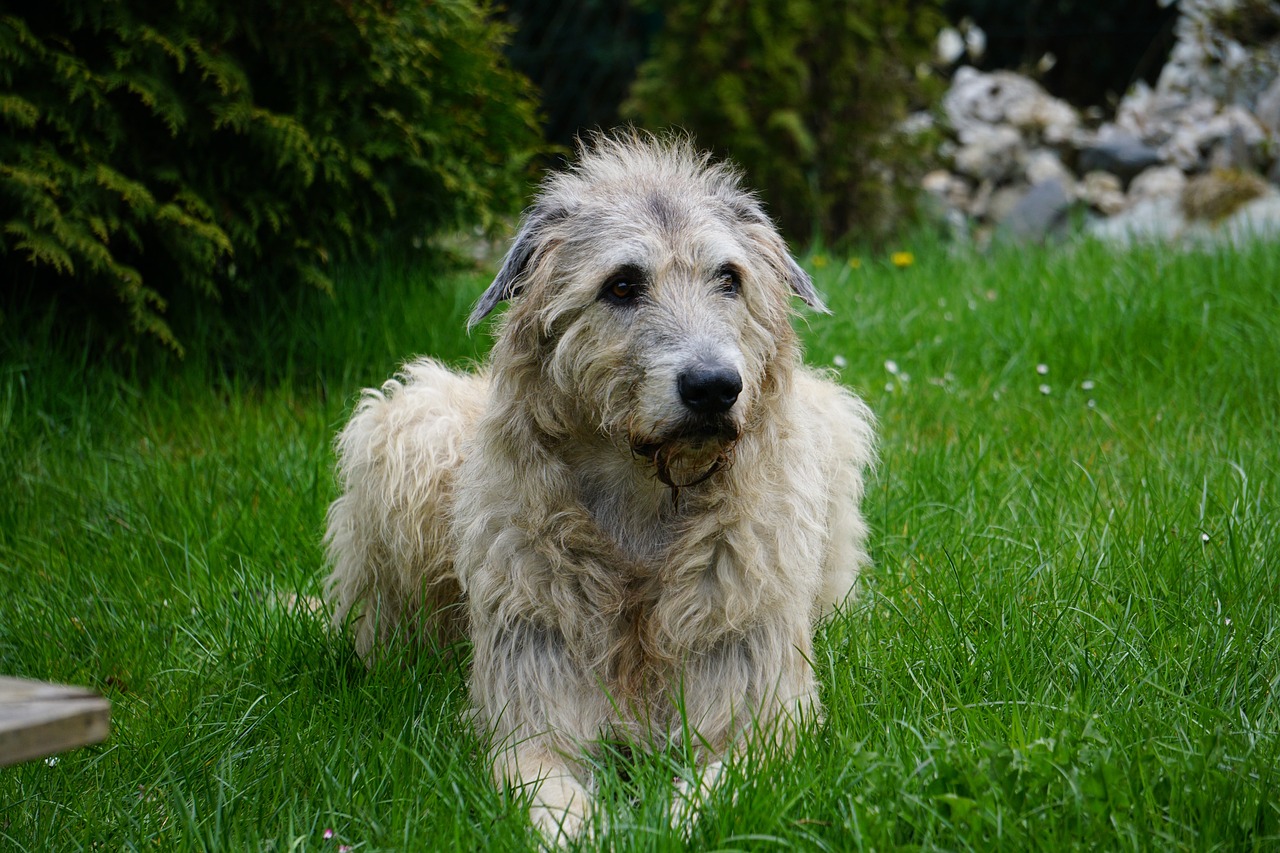
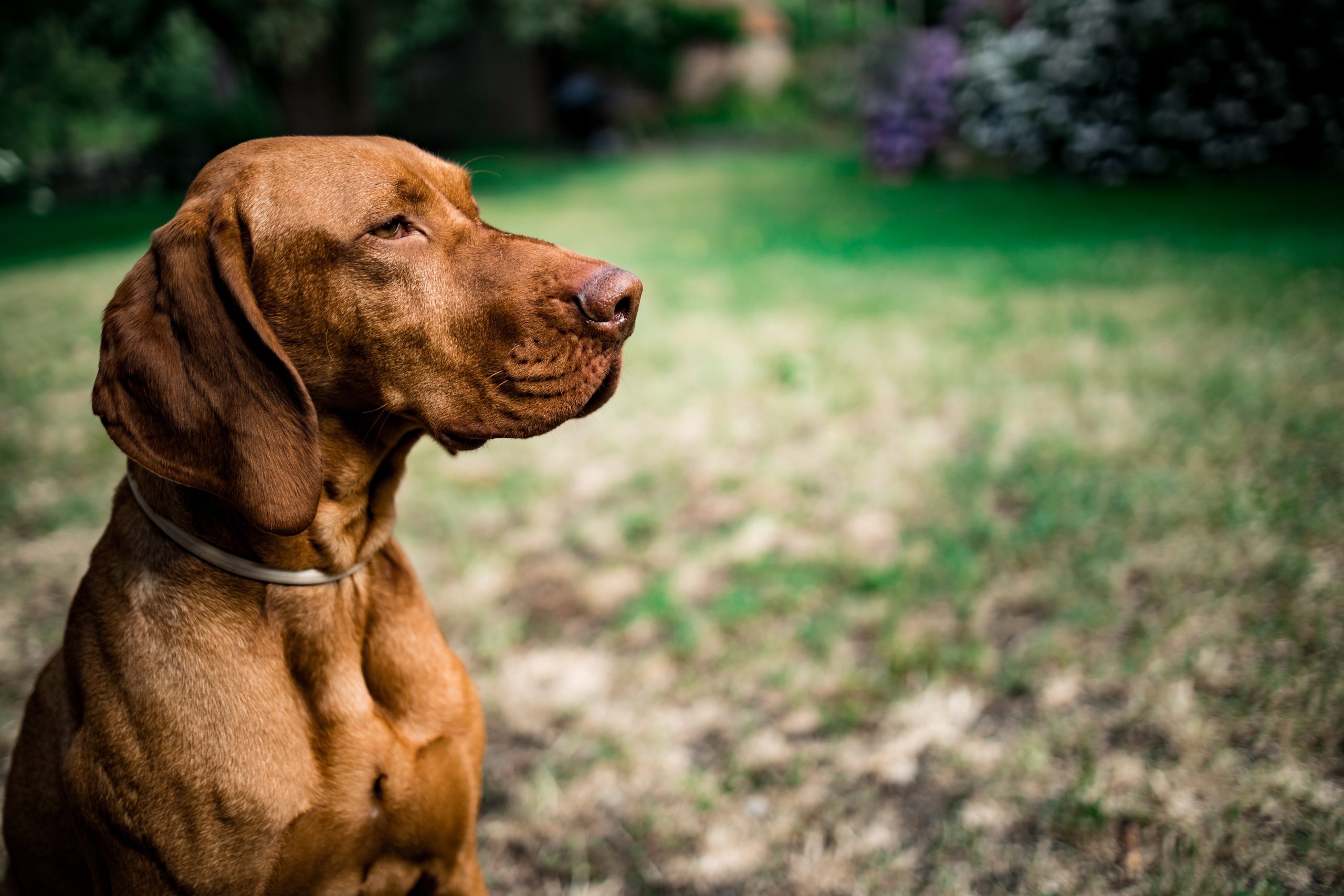
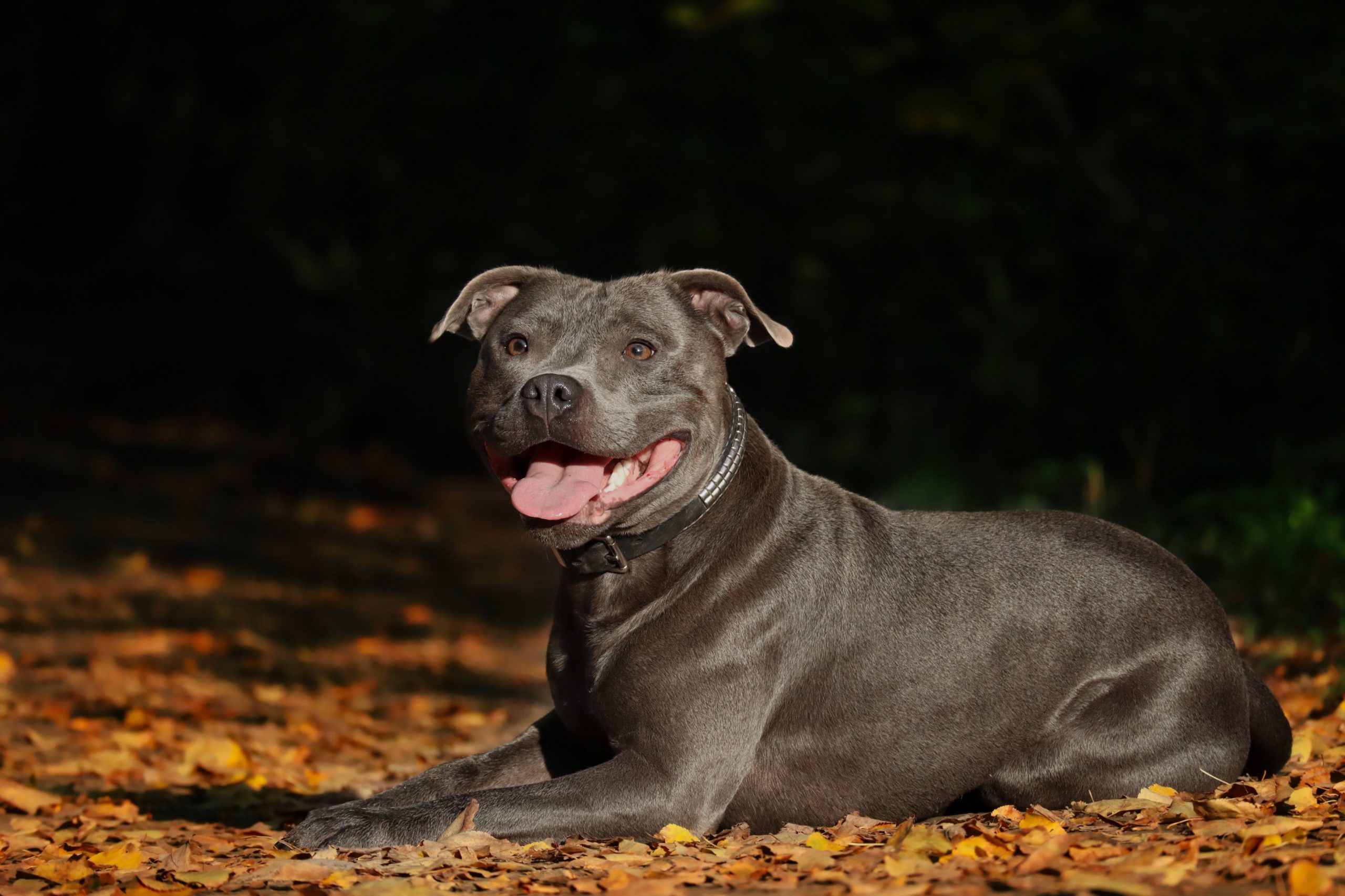
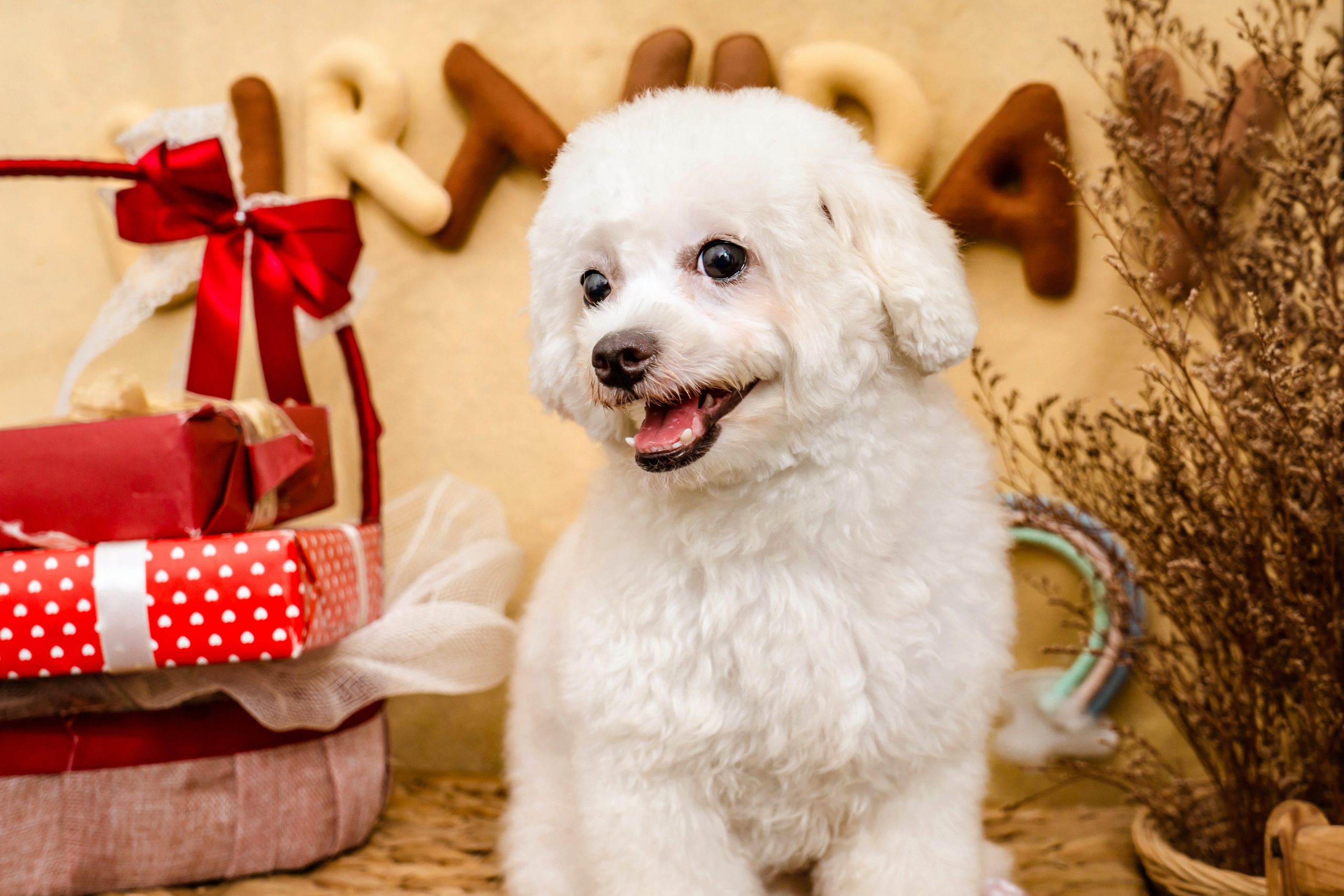


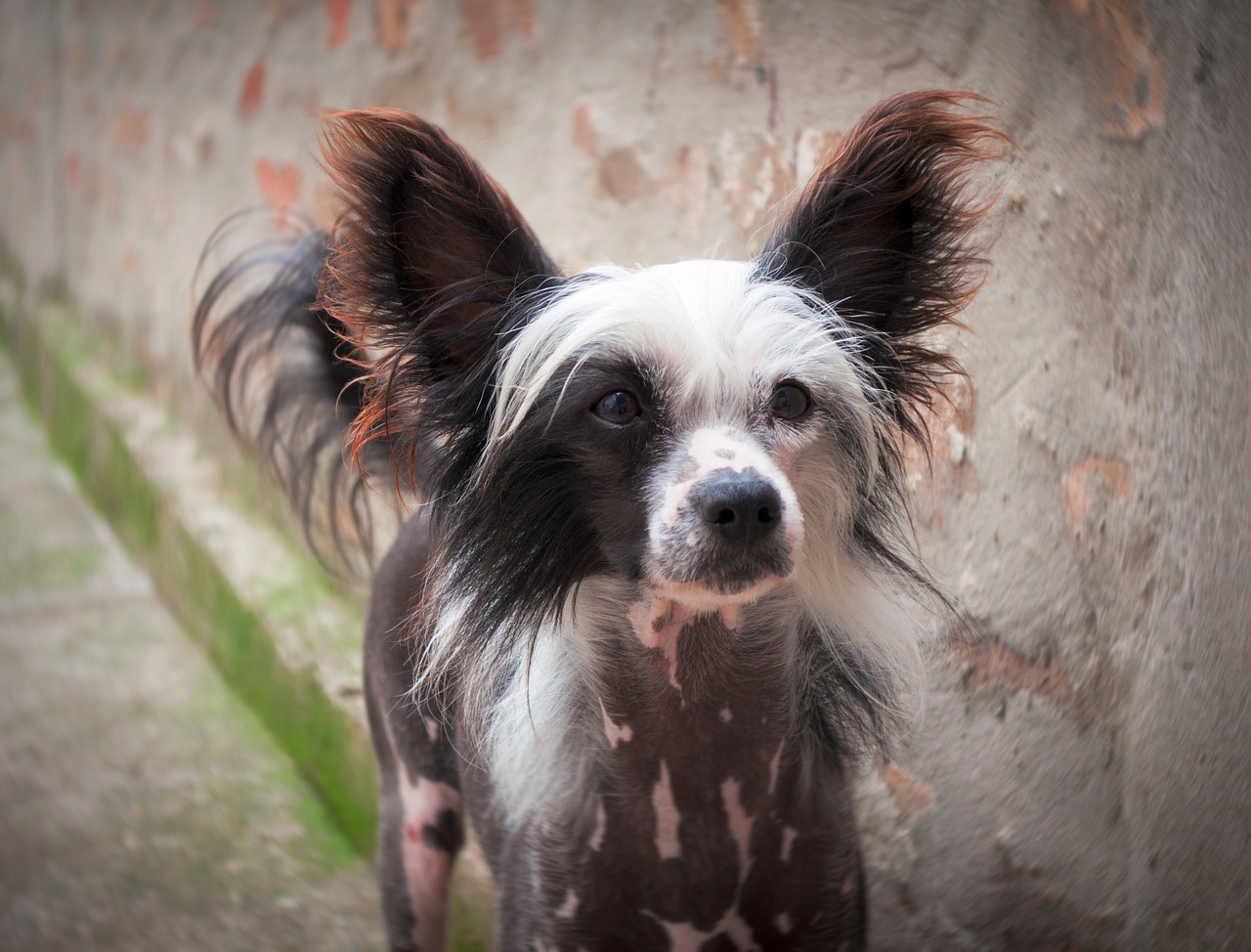




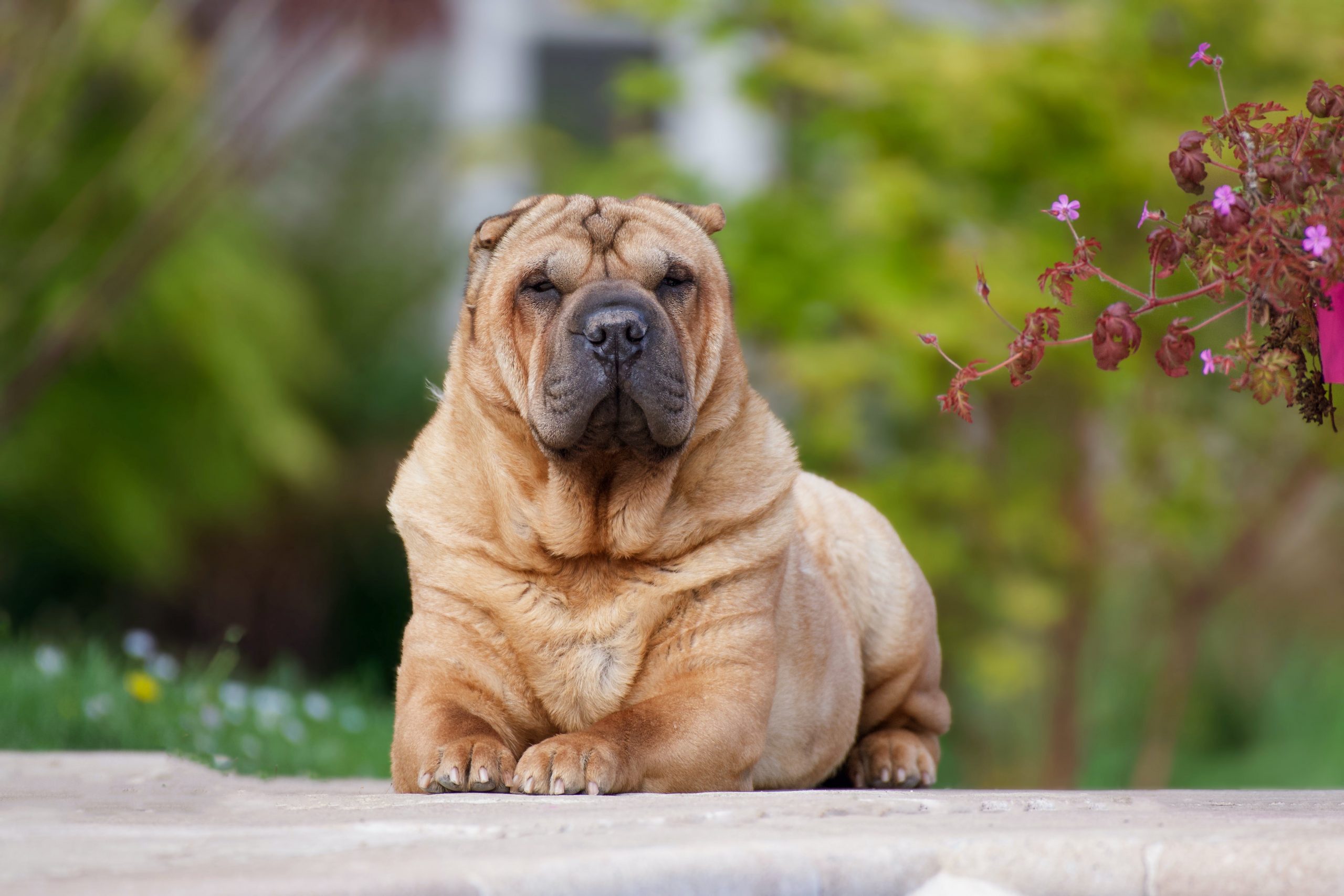



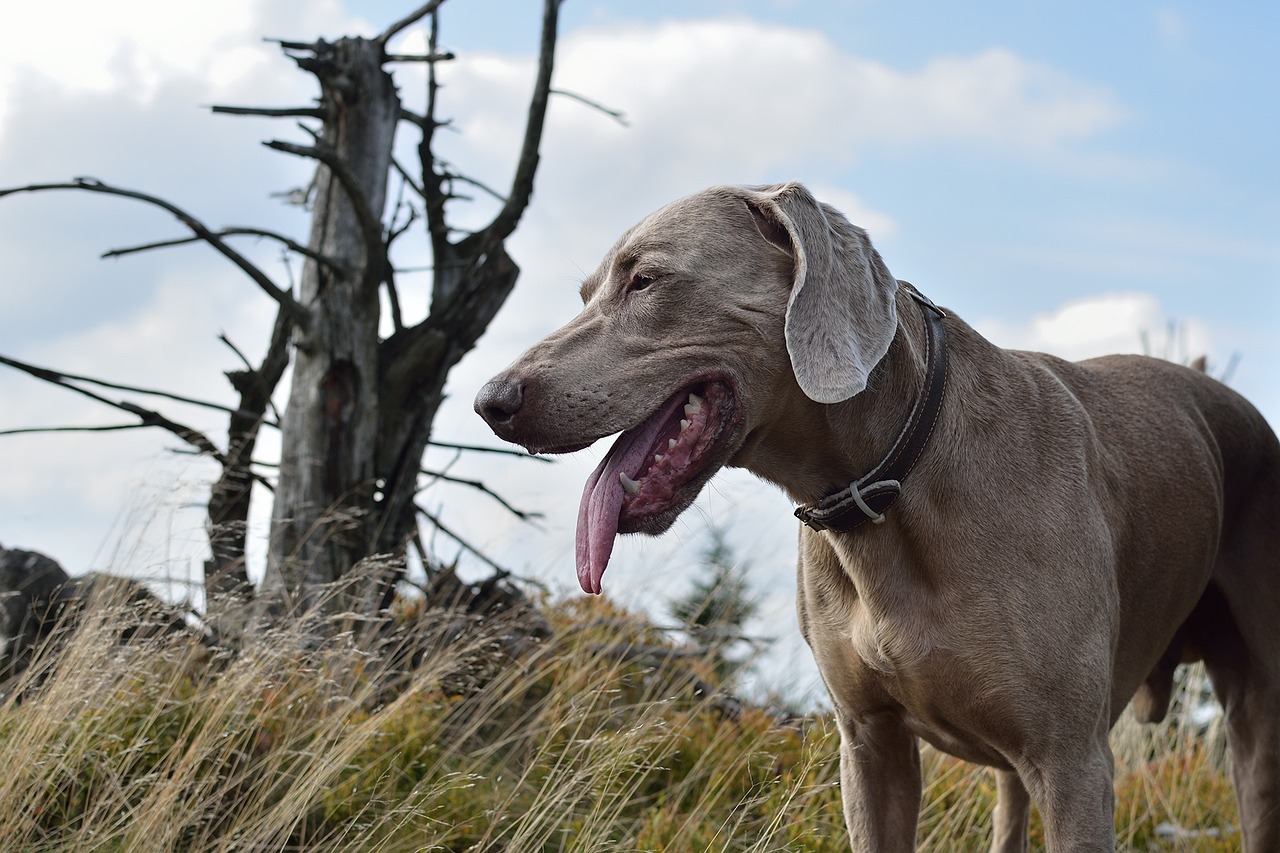

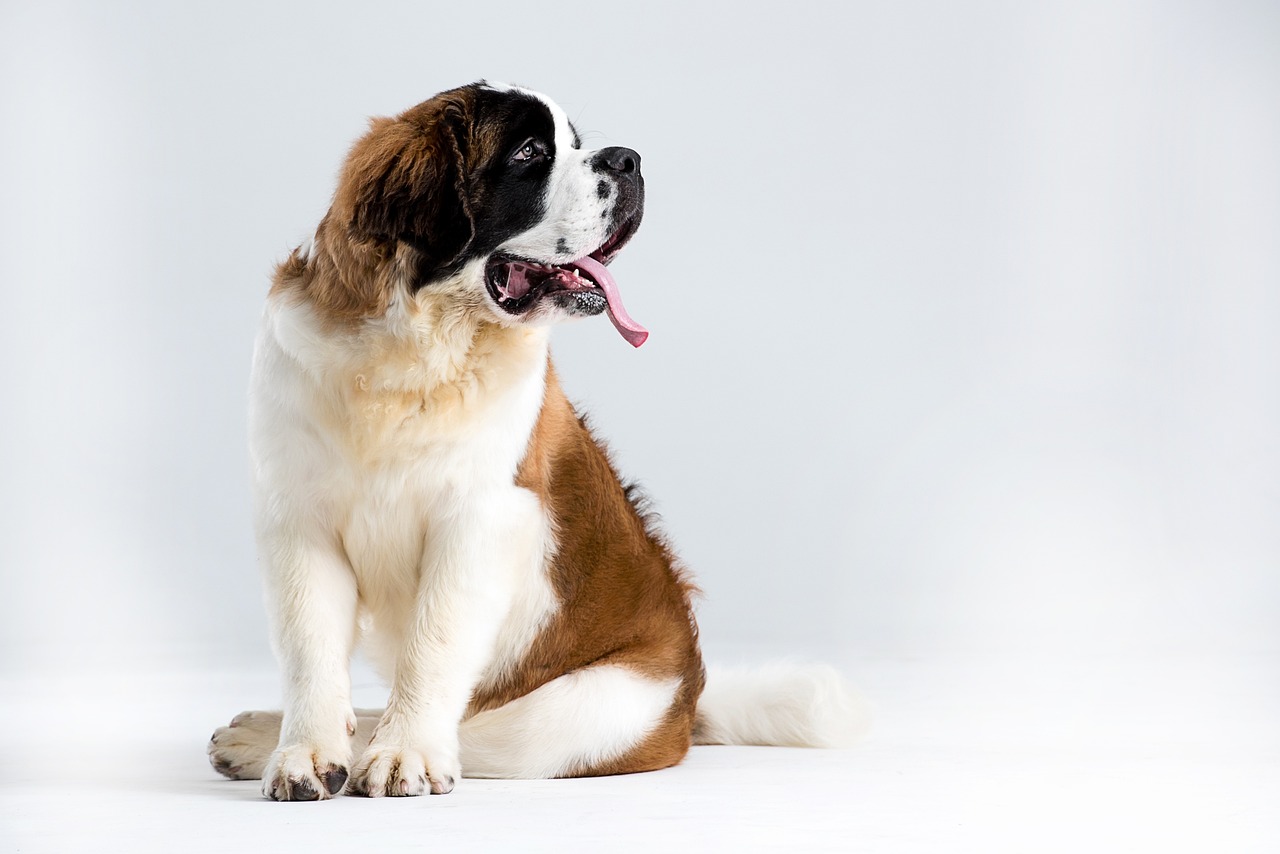


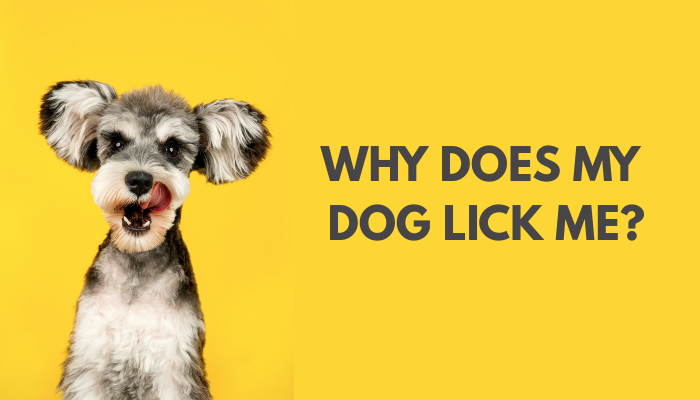
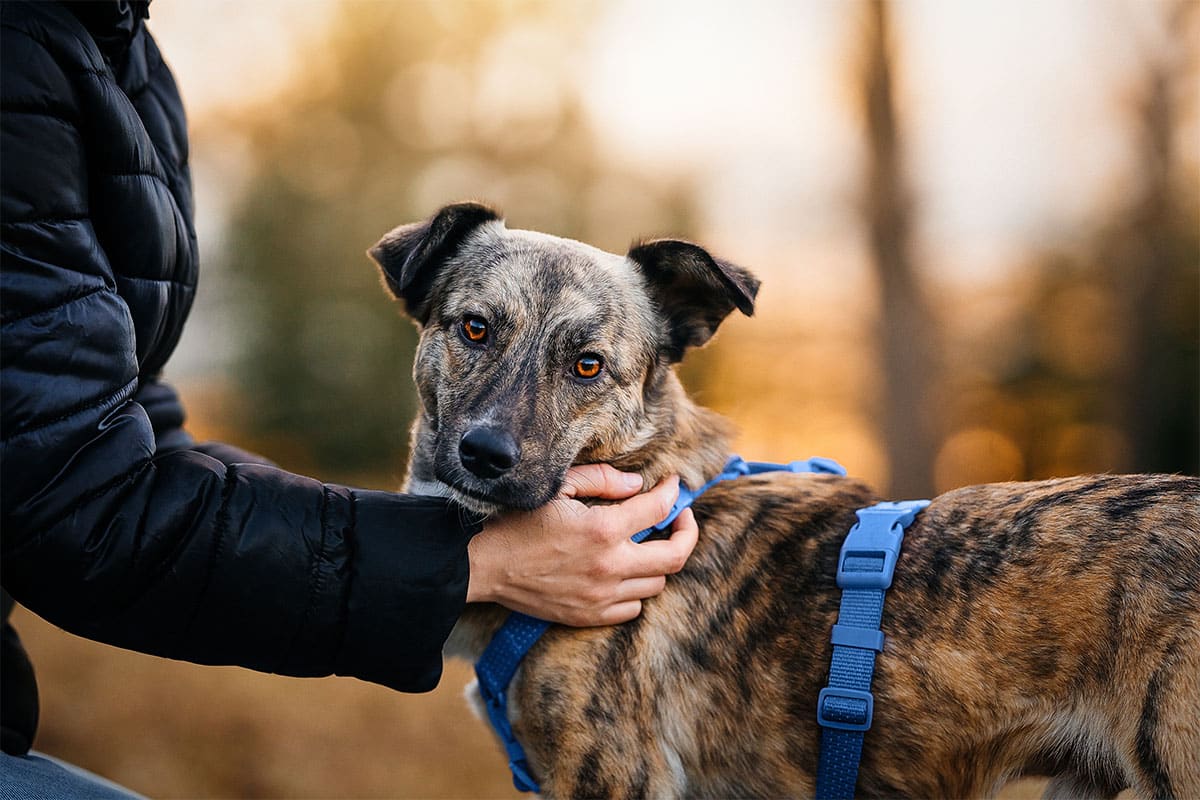
 English (US) ·
English (US) ·